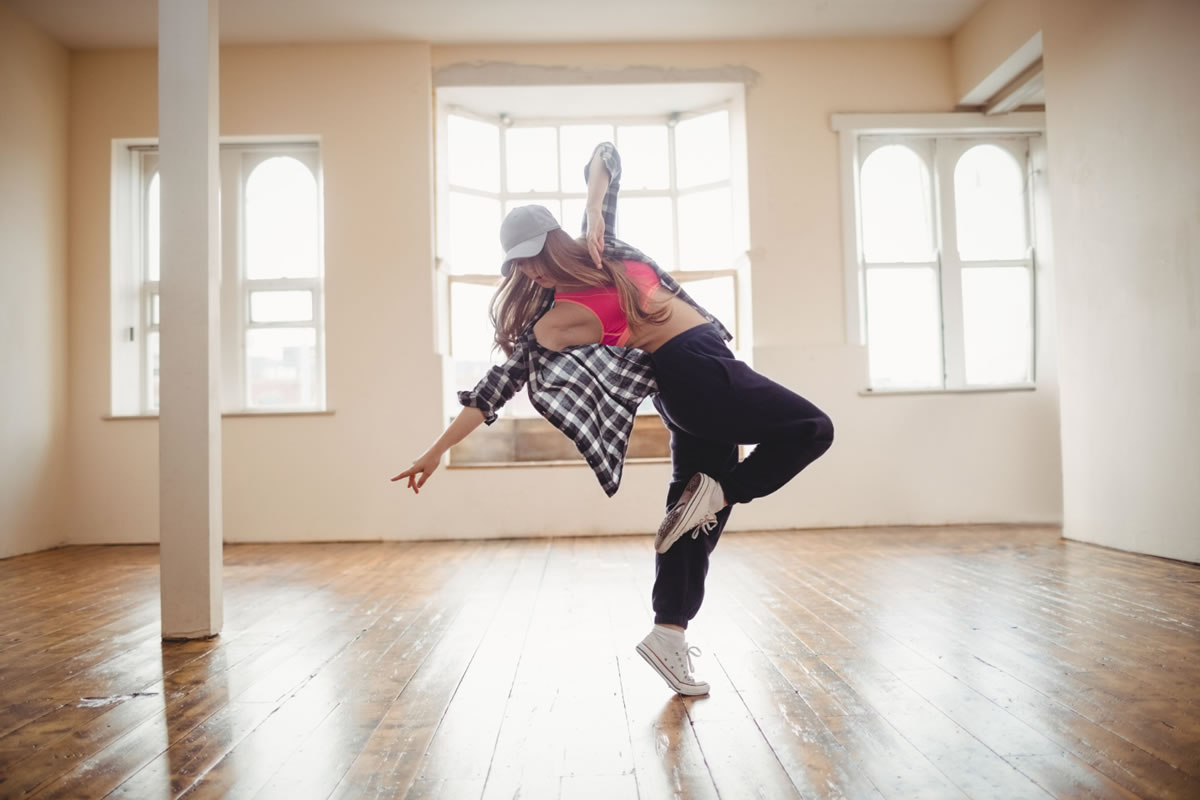How Dance Affects the Brain

Do you ever wonder how dancing affects the brain in the long term? The short-term effects of dancing on the brain are very different than the long-term effects. Short-term effects of dancing on the mind include better mood and satisfaction, while long-term effects are more related to discipline and memory. Our dance studio in Altamonte Springs is proud to foster these positive benefits into our dancers' lives.Dance is an elite form of exercise because not only does it burn calories and build muscles, it also contributes to an overall sense of happiness and well-being.
Everyone knows that all exercise releases endorphins, but dance has an increased effect on this realm because it is the physical activity and the music that affects the brain. The brain releases endorphins when the body is forced to exert itself at a certain level, meaning you can achieve a mood boost through dancing.
In addition to the benefits of physical activity from dancing, adrenaline and endorphins work together to create a dramatic emotional and mental high when dancing is tied to performance. Even if you don't reach new goals every day that you dance, you will still have the satisfaction of knowing that you worked hard towards achieving those goals. Likewise, it can be satisfying to sweat through a series of exercises, even if change comes at a pace so slow that you don't see the improvement immediately.
How dancing affects the brain permanently.
Dancing has both short-term benefits and long-term benefits for mental well-being. Dancers often become very good at learning things quickly and methodically because they consistently learn new dance moves. It is not uncommon to see a dancer turn and stare into space while moving their hands and perhaps mouthing something to themselves while trying to learn something. In addition, dancing teaches participants to learn to repeat things, not just with their bodies but also with their hands and in their words. This process of repeating what you just saw or heard until you've committed it to memory is a skill, and it serves dancers in all aspects of life, inside and outside of the studio. As a result, dancers tend to be self-motivated, self-disciplined, and have enhanced memory skills.
Working in a structured manner becomes a usual way of life for them, and they regularly learn to reach towards goals and realize that results do not come overnight. This causes dancers to be highly disciplined and carry the discipline through to other parts of their lives.
For the dancer
If these benefits sound lovely to you and you're not dancing yet, now may be the right time to join a dance studio. All forms of dancing have positive mental benefits, but some dance forms will have more or different advantages than other types. For example, a slow dance may not burn many calories or release many endorphins but may well contribute to long-term discipline and memory. Likewise, the faster dances could release many endorphins today but not take much discipline or memory. Ultimately, it's up to you to determine what sort of dance form is most appealing to you, then just let those positive benefits be a nice bonus to doing something you enjoy.
For parents
If these fantastic mental benefits from dancing sound like things you would like to see in your child, sign them up for a dance class soon. In addition to these cognitive benefits, dancers tend to become serious students and do better in school, which are all excellent reasons to have your child take dance classes at our dance studio in Altamonte Springs. So contact us today to learn more and get started right away!